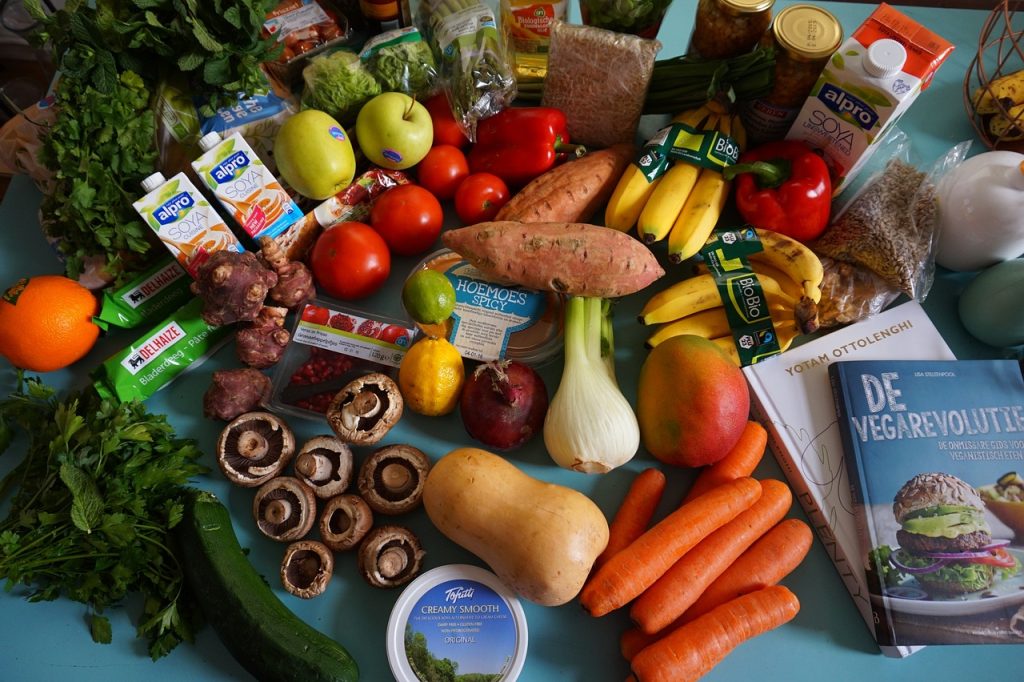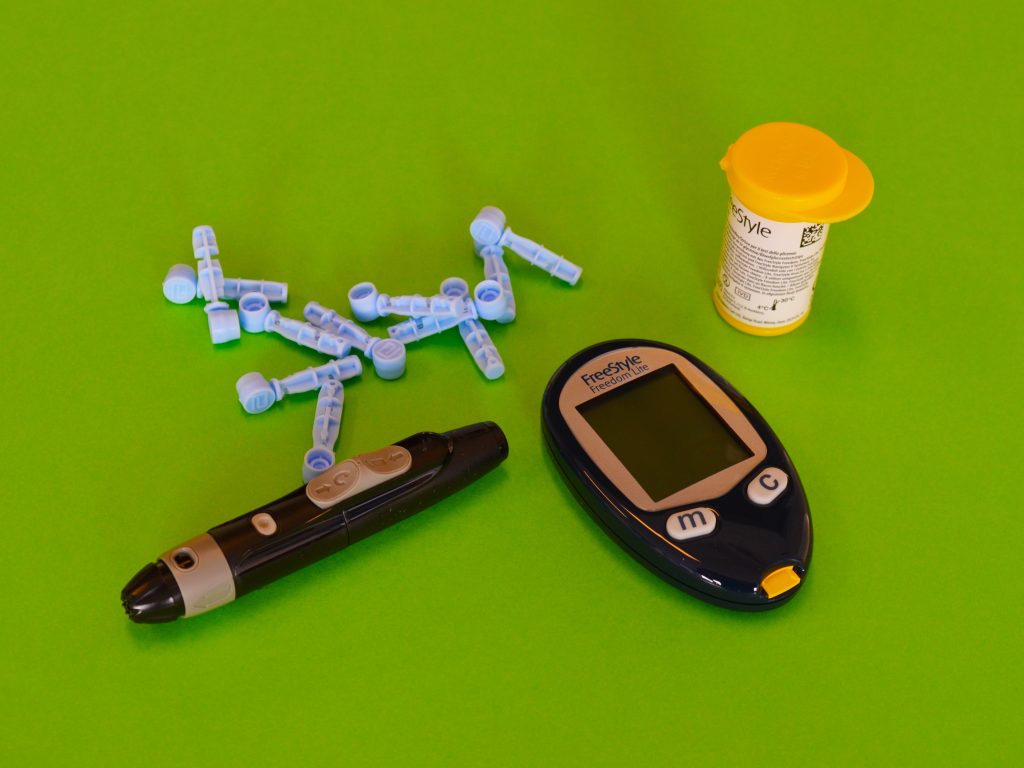Our body organs work to the bone without as much as a single rest to provide us with the optimal life, While we don’t feel gracious and ignore their health to satisfy our cravings.
However, it is never too late to care about your organs. Kidney problems are advancing the global index, and it has become vital to spread awareness about it. Although you can’t always defend against chronic kidney diseases (Daugirdas, 2019), a few tweaks in your routine and lifestyle can help plenty to protect your kidneys.
Many of you might question what changes you should make for good renal health. Well, continue reading, and you will soon find out.
Take Lots Of Fruits and Veggies
Natural blessings like fruits and vegetables are the first step to keeping your kidneys and overall health in check. A balanced diet keeps your blood pressure, cholesterol, proteins and sugar at normal levels helping to lower the risks to the kidney. When you indulge in high carbs and bad fat foods, your kidney has to work extra miles to remove their byproducts.

You should eat at least five portions of fruits and vegetables daily (Source: BDA UK), including proteins from beans, legumes, fish, lean meat or eggs, and starchy food like dairy, dairy alternatives, or potatoes. The more you cut down on saturated fats and sugar, the better chances for your kidney to stay happy and healthy in the long run.
Manage Your Blood Pressure, Cholesterol and Diabetes
On a global scale, high blood pressure and Diabetes are the leading causes of renal failure. High blood pressure contributes to damaging the glomerular capillaries and hinders normal kidney functions.
You must have heard Diabetics are at a greater risk of suffering End stage kidney diseases since their sugars are removed from the urine. The extra work kidneys have to do piles up over time, leading to chronic kidney diseases.

Doctors usually recommend Invokana 100mg to diabetic patients with risk to renal health since this is the first type 2 anti-diabetic medication that is clinically proven to reduce the worsening of kidneys. However, you must first consult with your own healthcare practitioner to prescribe medicine according to your health condition.
If you are overweight, losing even a few kgs can improve your blood sugar levels, blood pressure and even cholesterol.
Limit Alcohol Intake
Alcohol is the biggest enemy of kidney health. Over time breakdown products of alcohol cause blood pressure and cholesterol to rise, indirectly affecting kidney health as well.
When blood pressure rises above normal levels, capillaries in the kidneys that filter blood are damaged. The damaged capillaries cannot recover if you continue taking alcohol and your blood pressure stays abnormal.

Try to limit your alcohol to once per month. If you can’t do that, 14 units per week over alternative days should do the trick. A single unit equals half a pint of normal-strength cider or beer or a small glass of standard-strength wine.
Stop Overusing OTC painkillers.
In developing countries, taking painkillers like aspirin, paracetamol or ibuprofen has become a trend to relieve minor pains. Sometimes, people take these medications whenever they feel under the weather. This approach has made people dependent on OTC medicine much more than is safe.
No medication is devoid of side effects, and continuous intake of over-the-counter painkillers can actually drag your kidney health toward a dead end. Studies have shown that people who take OTC painkillers often develop progressive kidney damage at one stage in life compared to those who don’t.
The toxic metabolic byproducts of painkillers damage the kidney’s ability to filter them, and over time, they start accumulating to exacerbate the condition further. Therefore, you must only take the painkillers when necessary. Stop overusing them over minor discomforts.
Take Plenty Of Fluids
Staying hydrated comes to the fore if you want a healthy and functioning kidney. This is also the reason why eight glasses of water per day are commonly recommended. Plenty of fluids not only help to flush toxins out of the body but also aids kidneys by diluting the concentrated sodium and other toxins.
Doctors recommend taking at least 1.5 to 2 liters of water per day. However, the water needs vary from person to person based on factors like age, gender, weather conditions, pregnancy, kidney stones, and overall health.
If you have a history of kidney stones, drinking more water than normal people is recommended to avoid deposits of stones in the future.
Key Takeaway
Kidneys are vital organs that excrete toxic metabolic products and excess levels of compounds in blood out of the body through urine production. Kidney damage hinders its filtering function, and toxins remain in your blood to cause several other health disorders.
Taking care of your kidney is necessary while things are still under control. Follow the steps we have mentioned, and you can certainly cut yourself some future regrets.
References:

David Johnson is a versatile content writer known for his ability to breathe life into words and create engaging narratives on diverse subjects. With a passion for effective storytelling and a keen eye for detail, David crafts content that resonates with readers and sparks their curiosity. He is dedicated to delivering high-quality, informative, and enjoyable content, making him a respected voice in the digital landscape. Beyond the keyboard, David enjoys exploring the outdoors, immersing himself in literature, and finding inspiration in everyday experiences.






Loading…